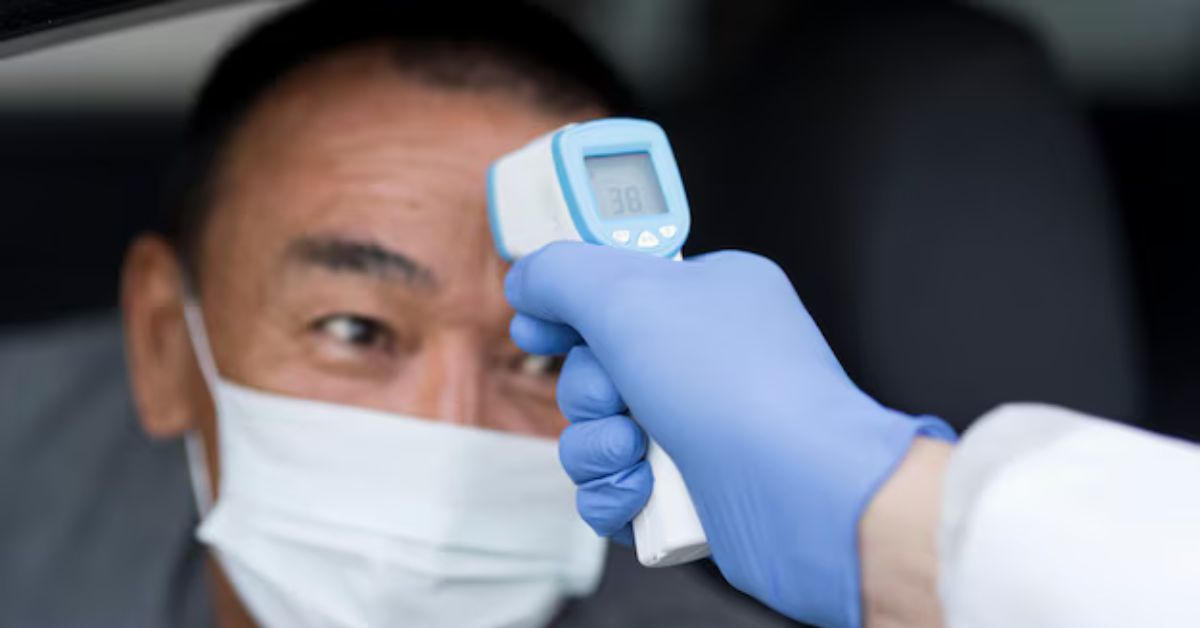Advancing Methods
Rapid health diagnostics have emerged as a game-changer in healthcare, revolutionising how diseases are detected, managed and treated. These advancements allow healthcare professionals to obtain critical information and insights in minutes rather than days, facilitating timely interventions, which improves patient outcomes. From detecting infectious diseases via customisable large scale pathology testing, to managing chronic conditions, rapid diagnostics are reshaping the landscape of modern medicine, increasing accessibility to fast, accurate treatment.
Improved Early Detection
Rapid health diagnostics allow individuals to detect diseases early. Conditions such as sepsis, heart attacks and infectious diseases can often require swift action to prevent further complications or fatalities. Traditional methods can take hours or even days to yield results, potentially delaying important treatment. In contrast, rapid diagnostic tools such as point-of-care testing devices, provide results in real-time, enabling healthcare providers to make fast, informed decisions.
Improving Accessibility in Healthcare
Rapid diagnostic tools are also playing a crucial role in improving healthcare accessibility, especially in underserved areas. Portable and easy-to-use devices eliminate the need for advanced laboratory infrastructure, making diagnostics available in rural and remote regions. For example, handheld devices capable of detecting anemia or monitoring blood glucose levels empower individuals in low-resource settings to manage their health independently and effectively. These advancements bridge the gap between urban and rural healthcare.
Modern Disease Management
Beyond detection, rapid diagnostics are also benefiting disease management. Chronic conditions like diabetes, hypertension and cardiovascular diseases require routine monitoring to prevent complications. Rapid diagnostic devices, such as continuous glucose monitors and portable blood pressure monitors can provide real-time data that patients and clinicians can use to tweak and personalise their treatment plans. This shift from reactive to proactive care has a huge positive effect on quality of life and reduces healthcare costs associated with emergency interventions.
Technological Innovations
The rise of rapid health diagnostics has spurred technological innovation. Artificial intelligence (AI) and machine learning are being integrated into diagnostic devices and treatments to enhance accuracy and predictive capabilities. For instance, AI-powered algorithms can analyse data or detect patterns in diagnostic tests that may be missed by human eyes, further improving diagnostic precision. The development of rapid diagnostic tools has fostered partnerships between healthcare providers, technology companies and research institutions. These collaborations are accelerating the pace of innovation and ensuring that new technologies are brought to market quickly and efficiently.
Challenges for the Future
Despite their transformative potential, rapid health diagnostics face several challenges. Ensuring the accuracy and reliability of these tools is of critical importance, as false positives or negatives can have serious consequences. New regulations and the need for robust data privacy measures also pose challenges to widespread adoption.
Looking ahead, the future of rapid health diagnostics is promising. Advances in nanotechnology, biosensors and wearable devices are expected to further enhance our diagnostic capabilities. Rapid health diagnostics are transforming healthcare by enabling early detection, improving accessibility, and enhancing disease management. These advancements are not only saving lives but also paving the way for a more equitable and efficient healthcare system. While challenges remain, the continued advancement of diagnostic technologies promises to revolutionise the way we approach health and wellness, ensuring better outcomes for everyone worldwide.










